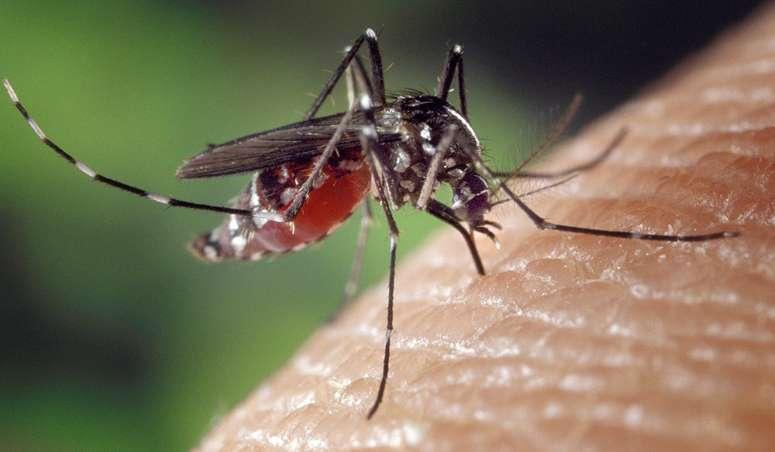critical in 9 Massachusetts communities after confirmed human EEE case

The Massachusetts Department of Public Health announced Friday that six southeastern communities in Massachusetts are now at a “high risk” from the Eastern Equine Encephalitis virus.
The communities are in Bristol and Plymouth county. Now, no human or animal cases of EEE have been reported so far.EEE is a rare but serious and possibly deadly disease that can affect people of all ages.
Affected communities
The Massachusetts Department of Agricultural Resources (MDAR) conducted and monitored aerial spraying in specific areas of southeastern Massachusetts on August 8-11, 2019. Visit MDAR’s Aerial Spraying Map to view maps by date.
Communities entirely within the spray zone (except for exclusions):
- Bristol County: Raynham, Taunton, Dighton, Berkley, Freetown, Acushnet
- Plymouth County: Whitman, East Bridgewater, West Bridgewater, Hanson, Bridgewater, Halifax, Plympton, Kingston, Carver, Middleborough, Lakeville, Rochester
Communities partially in the spray zone:
- Bristol County: Easton, Norton, Rehoboth, Swansea, Fall River, Dartmouth, New Bedford, Fairhaven
- Plymouth County: Brockton, Rockland, Hanover, Pembroke, Duxbury, Plymouth, Wareham, Marion, Mattapoisett

What is Eastern equine encephalitis (EEE)?
Eastern equine encephalitis (EEE) is a rare but serious disease caused by a virus that can affect people of all ages. EEE is generally spread to humans through the bite of a mosquito infected with the virus. EEE can cause severe illness and possibly lead to death in any age group; however, people under age 15 are at particular risk. EEE does not occur every year, but based on mosquito sampling, a high risk of occurrence of human cases currently exists.


nockedup Massachusetts outdoors.